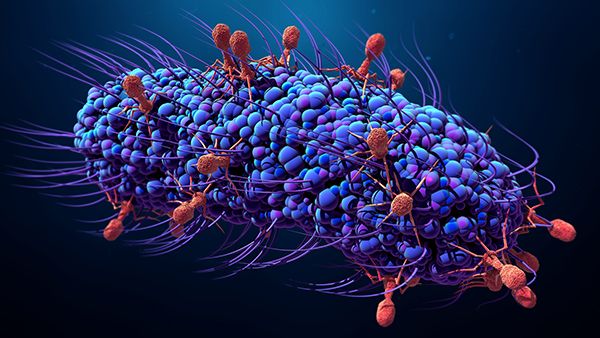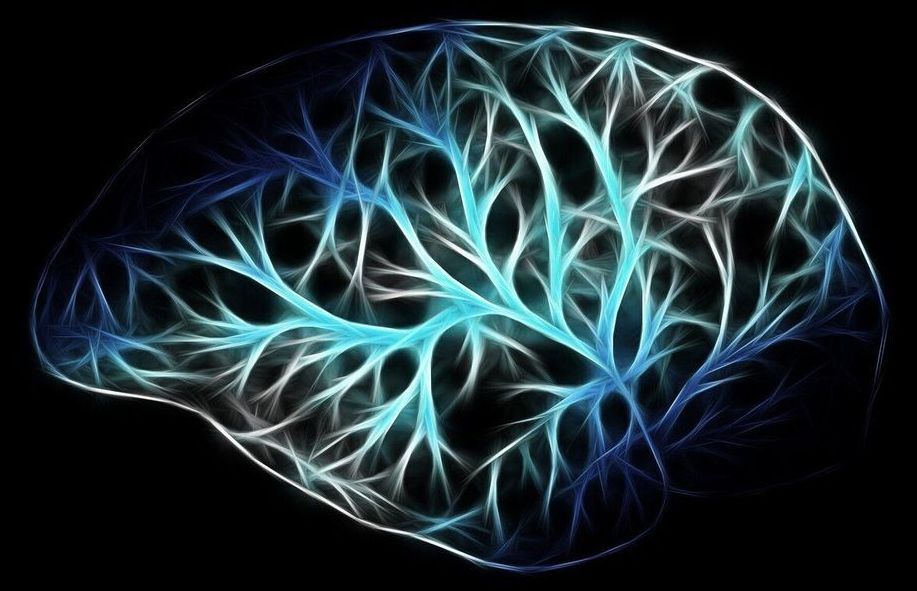Google’s Sycamore quantum computer, which recently demonstrated its dominance over ordinary computers, is now breaking records in quantum chemistry.




Scientists at the University of Otago in New Zealand say they have discovered how viruses that specifically kill bacteria can outwit bacteria by hiding from their defenses. These findings are important for the development of new antimicrobials based on viruses and provide a significant advance in biological knowledge, according to the researchers.
Lead researcher Peter Fineran, PhD, professor, explained that the rise in multi-drug resistant bacteria is leading to the development of alternative therapeutics, including viruses (bacteriophages) that specifically kill bacteria. However, bacteria can become resistant to phages.
Phages are the most abundant biological entities on the planet and are important for global ecosystems, but they can also be used to kill bacterial pathogens, continued Fineran. To defend themselves from the phage invasion, bacteria have developed CRISPR-Cas defense systems, but the phages have come up with ways to avoid these bacterial defenses.


They can, and while this is mostly okay, it’s also one of the reasons we age—and we just might be able to do something about it.

China’s ART has succeeded where its “Straddling Bus” could not, launching for commercial use for the first time in the Sichuan city of Yibin.
Dubbed the “Autonomous Rail Rapid Transit,” the ART is essentially a driverless tram that runs on “virtual rails” mapped out by cameras and censors — so, it’s kinda like a bus too.
The Yibin ART T1 line extends for 17.7 kilometers. It’s expected to serve more than 10,000 passengers daily, a number that will go up to 25,000 once the line is extended to a high-speed railway station.

Upcoming webinar on the state of AI with Ray.
If you can’t attend, by signing up you’ll get the entire webinar for later viewing.
Seems interesting.
Join Peter Diamandis for a conversation with Ray Kurzweil, one of the world’s leading innovators, inventors, and futurists, with a 30 year track record of accurate predictions about technological advancement.


Fresh insights into damaging proteins that build up in the brains of people with Alzheimer’s disease could aid the quest for treatments.
A study in mice reveals how the two proteins work together to disrupt communication between brain cells.
Scientists observed how proteins—called amyloid beta and tau—team up to hamper key genes responsible for brain messaging. By changing how genes are expressed in the brain, the proteins can affect its normal function.